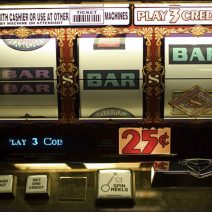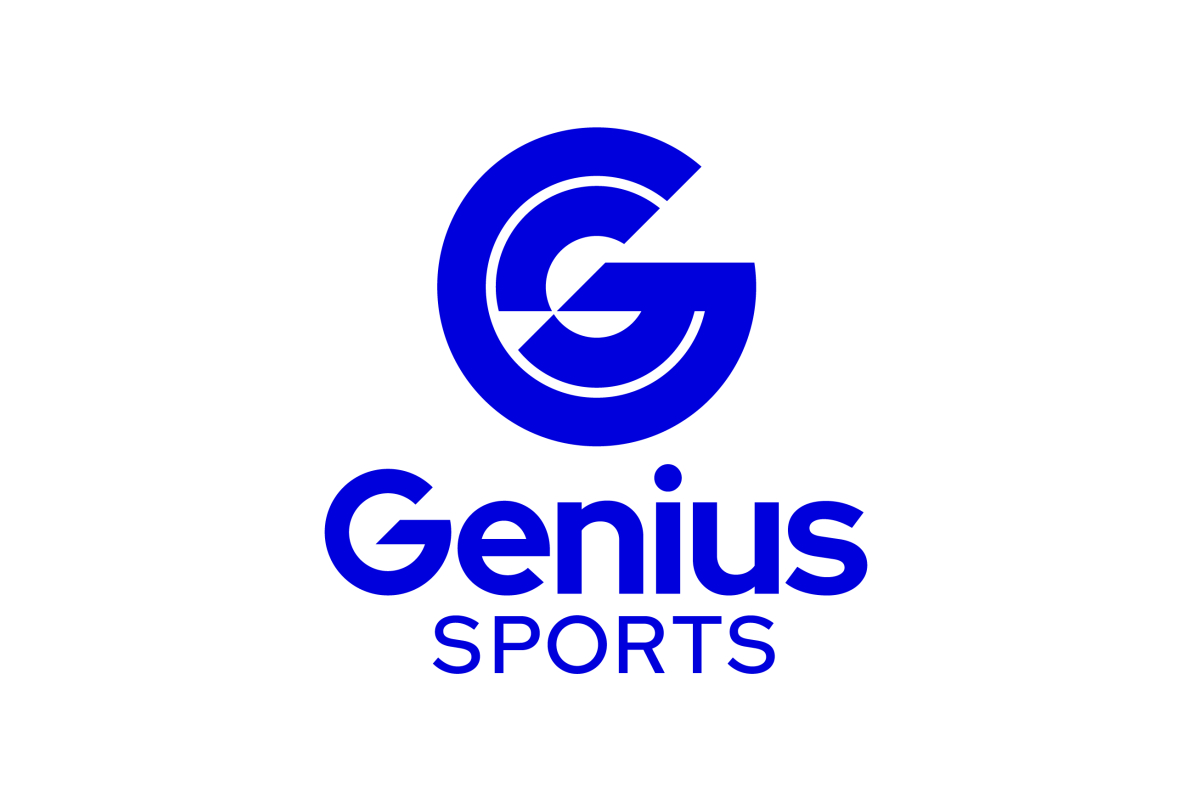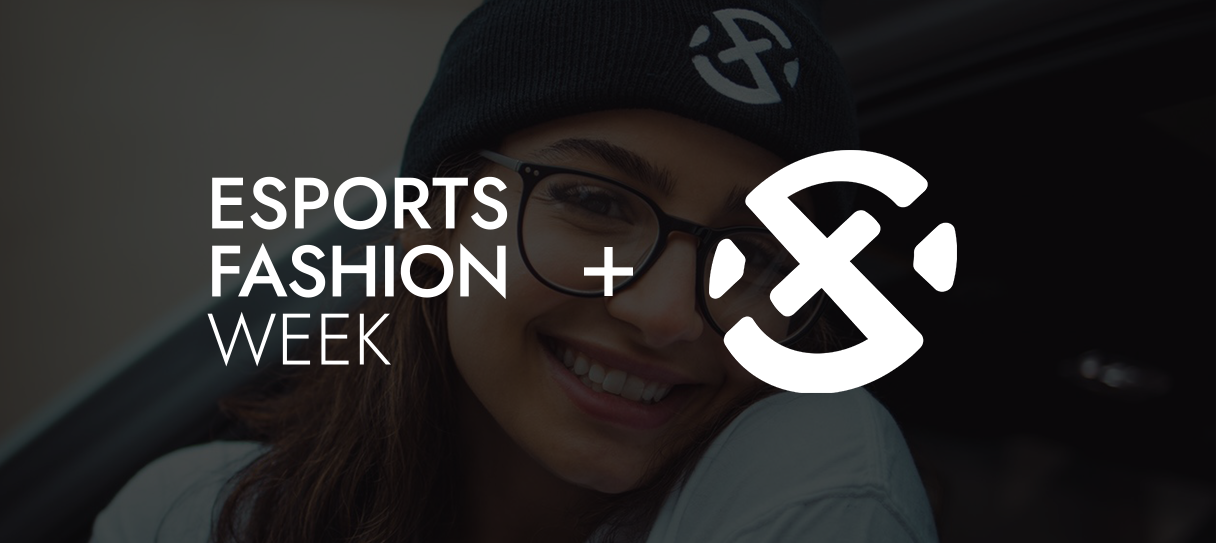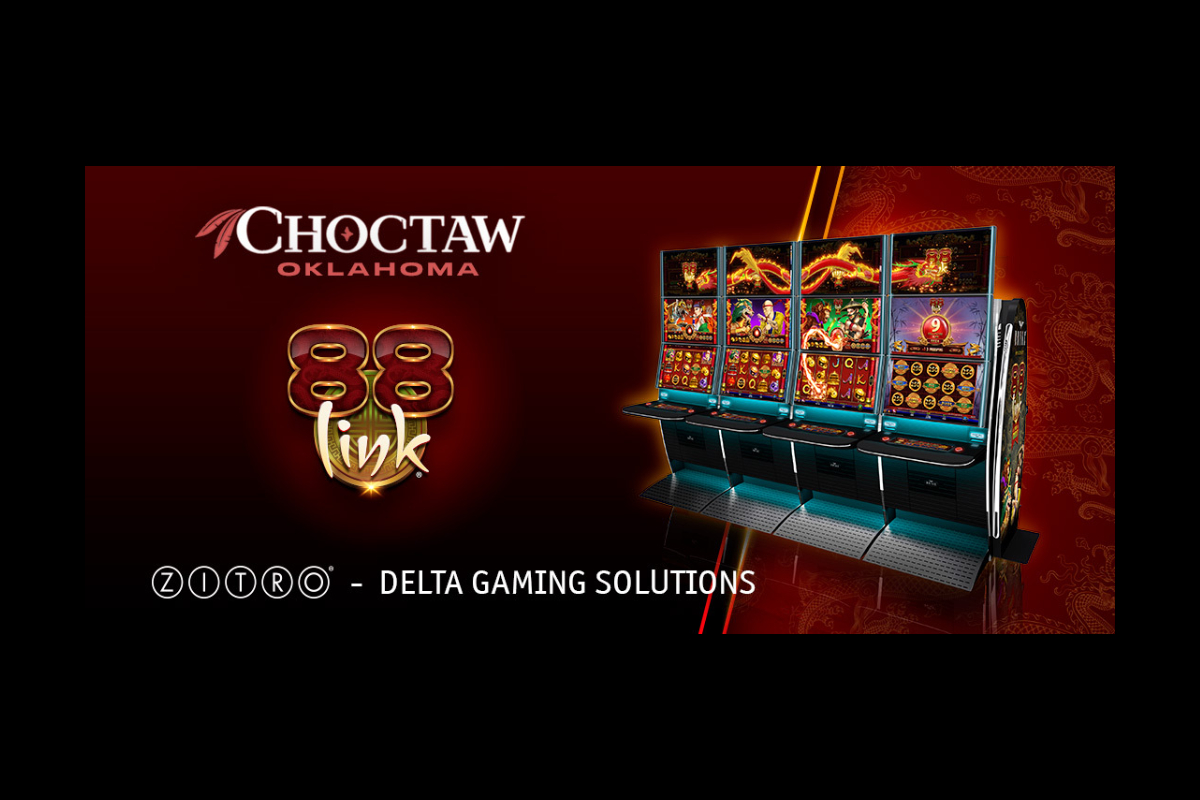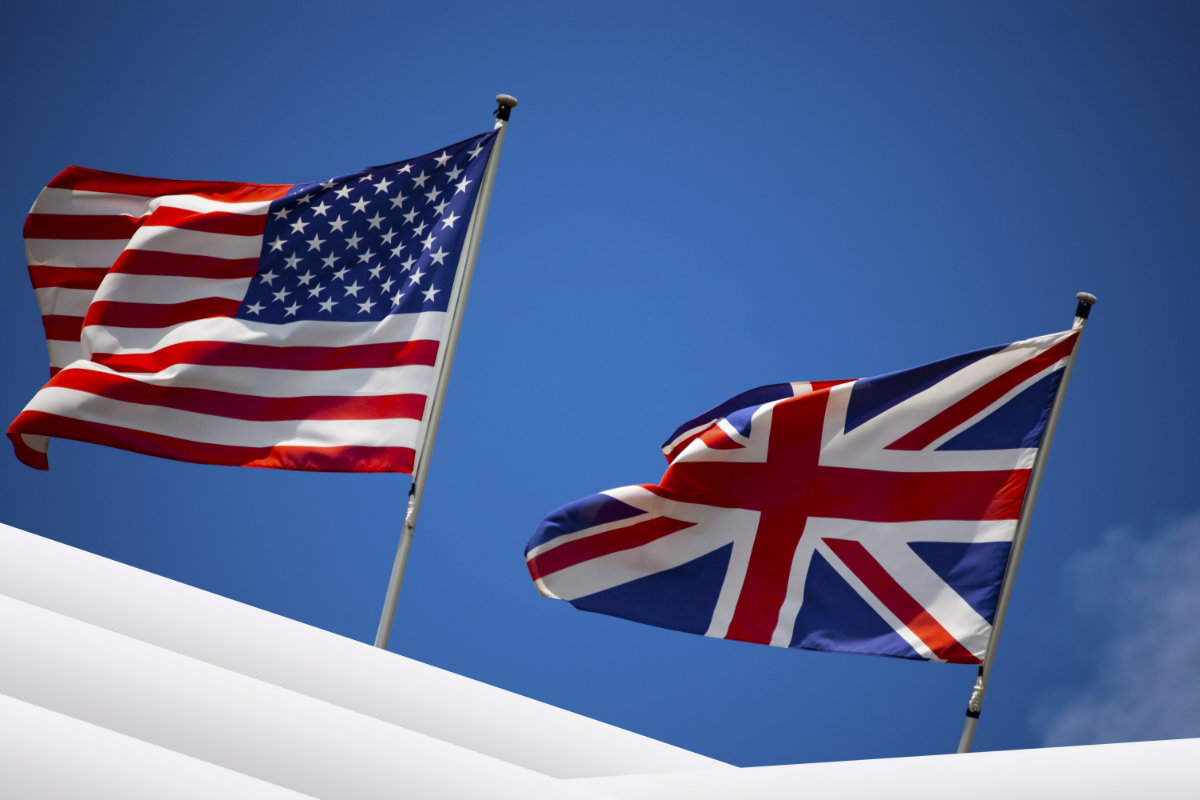
What the iGaming industry in the US can learn from the UK
There can be no doubt that the iGaming market in the US represents an increasingly lucrative sector, and one that was worth an estimated $1.978 billion at the end of 2020.
What’s more, this is projected to grow at a CAGR of 17.32% between 2021 and 2026, as the sports betting market continues to boom, and more states consider legalising online casino gameplay.
However, this market continues to face significant regulatory and legislative challenges, while it also lacks the maturity of its contemporaries in the west. But what lesson can it learn from the UK?
The Importance of Regulating Advertising
Through 2021, the UK Gambling Commission has made the safeguarding of vulnerable players its core strategic objective, and this has resulted in a number of regulatory measures and recommendations in Europe’s largest market.
Interestingly, this has also compelled individual operators to take proactive steps in this regard, with a number of UK brands agreeing to a blanket, “whistle-whistle” advertising ban across all pre-watershed broadcasts in 2019.
This trend is commonplace throughout Europe, with Italy having banned all gambling advertising back in 2019 and the Spanish authorities unveiling new restrictions aimed at barring operators’ brands from appearing on football team’s shirts going forward.
Such measures should definitely pique the interest of US operators, especially as the nation’s iGaming market continues to grow at a rapid and exponential rate nationwide.
We will touch more on the concept of responsible gambling below, but there’s no doubt that this will become increasingly prevalent as a growing number of citizens are afforded access to sports betting markets and virtual casino verticals.
With this in mind, proactive US operators have a chance to steal a march on their rivals and become ambassadors for responsible gambling in the region, by creating a more considered approach to advertising (especially on mass channels like TV) and being particularly careful about the precise demographics that they target.
Not only could this be crucial to the long-term function and profitability of the marketplace, but it could help operators to avoid the type of backlash that has been in the UK sector over the course of the last three years or so.
Make Responsible Gambling a Key Watchword
Of course, advertising represents just a single element of the responsible gambling landscape and developing a sensible marketing approach means little if this isn’t followed up in other disciplines throughout the business.
So, we would argue that operators and regulators in the US should proactively make responsible gambling a key watchword across the board, with this providing a broad framework in which they build their platforms and commercial offerings.
This is definitely the case in the UK, where operators almost compete to offer the best and most comprehensive responsible gambling tools to help vulnerable players. These are becoming increasingly tech led too, with the resources made available by the William brand Mr. Green best representing this evolution.
For example, this platform has introduced a relatively high-tech system that enables players to analyse their own gambling behaviour and wagering decisions in detail, while measuring this against the site’s own perception of how they play.
Through the use of complicated algorithms, you subsequently gain access to bespoke dataset and are alerted to potentially problematic behaviour ahead of time.
There’s clearly a demand for this type of technology in the burgeoning US market, which is why we’re seeing so many domestic operators merge and collaborate with UK brands. This is definitely fulfilling a gap in the market, while helping to protect players and deliver a responsible gambling experience for all.
Understanding the Role of Comparison Sites
In order to help players identify the best and most reputable iGaming brands, the UK has seen a number of independent comparison sites spring up in recent times.
The established Mybettingsite.uk is one of the best examples of this, as the site provides a comprehensive list of UK casino brands that are ranked according to a diverse range of factors.
These include everything from an operator’s live welcome bonus and licensing information to their approach to responsible gambling, while you can also access authentic user reviews on the same site.
This type of resource helps to create a sense of trust between players and individual casino brands, while enabling customers to make informed decisions about the brands that they partner with.
It should therefore be welcomed by operators, particularly in the online casino niche which is considerably less popular than sports betting stateside.


